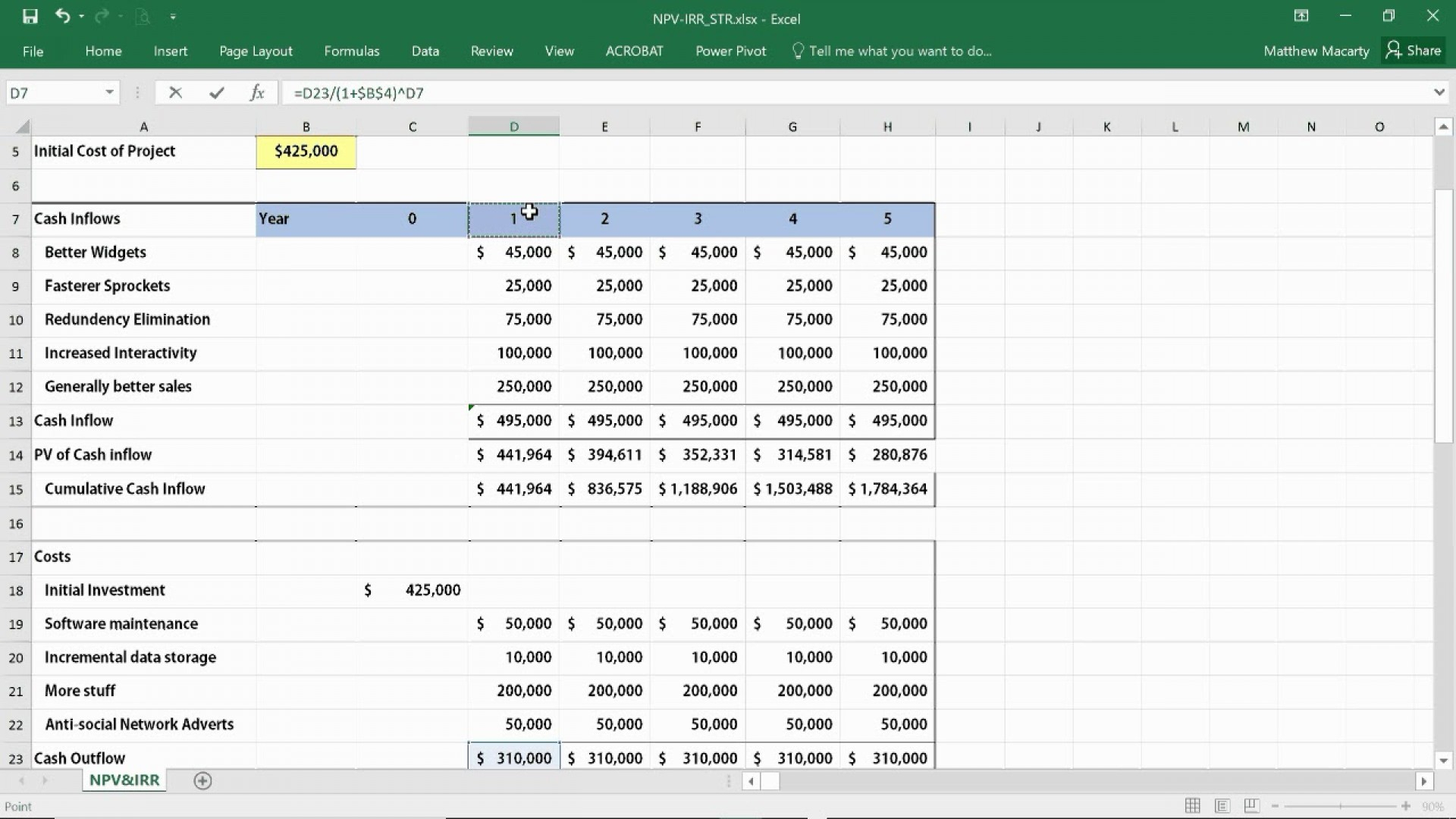
This metric provides the average number of days it takes to collect an outstanding invoice after a sale has been made. It helps you forecast how much cash flow you can expect in the future based on sales you made today. Average accounts receivable provides insight into the average amount of receivables a business holds over a specific period, which can indicate the flow of cash tied up in credit.
- She is passionate about telling compelling stories that drive real-world value for businesses and is a staunch supporter of the Oxford comma.
- It consists of the date and time frame for receiving payments and helps businesses forecast their cash position.
- To better understand how the collection of cash works, let’s consider an example.
- So, what exactly do cash collections involve, and how can you calculate it effectively?
- The payment collection process is essential to any business’s liquidity planning.
- This is an excellent activity for your salespeople, who may have a number of contacts within the customer’s organization.
How do you solve cash collections?
In this article, we will delve into the significance of cash collection and how to manage the process efficiently to achieve optimal cash flow management. A well-designed collection strategy reduces overdue accounts, optimizes cash flow, and improves decision-making with data-driven insights. The cash collection cycle should be kept as short as possible, because rapid collection means more cash on hand, which reduces a company’s borrowing requirements. In addition, an older invoice may not be acceptable as collateral for a loan. Further, an older invoice may not be acceptable for invoice discounting.
Methods of Cash Collection
Garcia received her Master of Science in accountancy from San Diego State University. Having a current ratio between 1.5 and 3 is generally considered healthy. When the current ratio is 2, the company has twice the amount of cash or assets to cover its short-term obligations. The current ratio reflects the relationship between current assets and current liabilities. It indicates the extent to which a company can repay its short-term obligations. Ultimately, your AR figures are a story of your business’s relationship with its clients and its internal financial health.

Ensuring Timely Access to Funds for Operational Needs
Using automation tools provides real-time data and visual representations of key metrics. On the contrary, manual monitoring of operating cash flow indicators does not revolving credit facility allow you to receive real-time updates. Using poor-quality data to monitor operating cash flow KPIs can harm your company’s day-to-day operations and investment plans.
In other words, it is a way to gain insights into how well a company collects customer payments. According to a survey from QuickBooks, three in five UK small business owners are experiencing problems with their companies’ cash flow. Tracking KPIs and indicators using the right collections performance formula related to operating cash flow is essential to avoid problems with cash balance, debt and even bankruptcy. Having all the information they need in real-time (for example, in a cash flow statement) is vital for collection teams. Bad debt to sales ratio refers to the percentage of your company’s bad or doubtful debts in regard to sales.
Why is Collection Effectiveness Index (CEI) important?
This provides a solid estimate of the cash you’ll collect from upfront payments. Analyze sales history over a consistent timeframe to find an average you can rely on. This formula captures immediate cash sales and the expected collections from outstanding invoices, offering a complete picture of your cash inflows. A clear understanding of your cash collections also helps with forecasting and goal setting.
To address these challenges, businesses must implement effective cash collection strategies. They should also regularly monitor key cash collection metrics and adapt their approach as needed to maintain financial stability. Efficient cash collection ensures that a business can manage its cash flow effectively, maintain financial stability, and make informed financial decisions. Accurately calculating cash collections requires a systematic approach considering outstanding invoices, payment trends, and potential uncollectible amounts. A cash collection schedule is created to understand when payments are expected from customers who owe money during a specific period based on the agreed-upon due dates.
We are at the forefront of bringing automation and AI to businesses’ financial management. Once you’ve determined your estimated cash collections for each receivables bucket, you’ll add this to your projected cash sales to get your total estimated cash collections. Rather than looking at how well a company converts outstanding receivables into cash, DSO focuses on the time it takes to collect receivables.
Today, CRM and other digital tools offer various functionalities to optimise billing and collection operations. For better management of your accounts receivable, remember to consult them regularly and to monitor them over time to detect any signs of weakness, whether they are cash management. Cash collection in financial management plays a vital role in ensuring a company’s financial health and stability. Accurate and efficient cash collection practices are essential for managing cash flow, making informed financial decisions, and maintaining a sound financial position. Remember that the time value of money suggests that a pound received today is worth more than one received tomorrow.